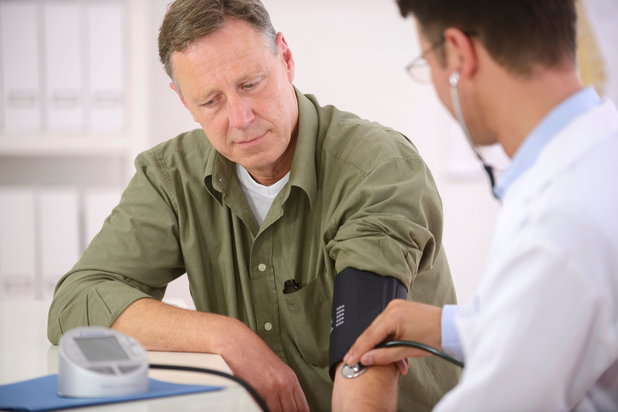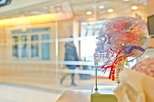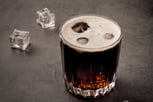A direct connection between drinking alcohol regularly and blood pressure elevation—commonly referred to as hypertension—was first suggested by a French physician in 1915. Several studies have since been executed and, while the results of the more than 100-year-old study are still valid today, questions about the direct causation have been raised.
Risk Factors
It’s true that the frequency of hypertension is significantly higher for those who drink more than six drinks per day. However, there are several risk factors for developing hypertension including:
- Family history
- Obesity
- Lack of exercise
- Smoking
- Sodium (too much)
- Potassium (too little)
- Vitamin D (too little)
- Heavy drinking
- Stress
- Chronic conditions, especially kidney disease, diabetes, and sleep apnea
One study found that obesity is at the highest level of risk factors followed by a high sodium intake, with the rest of the remaining factors falling at equal levels.
When Alcohol Becomes a Risk Factor
Studies attempting to define the relationship between alcohol and hypertension have failed to absolutely identify the relationship. Although there are some significant findings in several studies, they're often not 100 percent reliable. One such study involves the central nervous system. The study is representative of the studies of other mechanical trials of bodily functions, none of which are conclusive.
Evidence suggests that alcohol initiates central and peripheral reactions involving the nervous system which are tied to hypertension. However, some investigators believe that the association between alcohol and hypertension is related to the timing of alcohol use and blood pressure measurement. Since many medical clinics require a 12-hour or overnight fast, alcohol withdrawal may be occurring.
It's important to note that withdrawal from alcohol by heavy drinkers results in an immediate spike in blood pressure levels. It’s probable that patients who are regular heavy drinkers abstain from alcohol before visiting a community clinic or doctor's office. Therefore, elevated blood pressure could be caused by an excited central nervous system and adrenaline discharge associated with alcohol withdrawal.
Studies have been inconclusive, though there is enough evidence to support a correlation between alcohol and hypertension to warrant drinkers to take note.
Consequences of Uncontrolled Hypertension
Sadly, there are no outward physical signs that a person has high blood pressure. Most people become aware of the problem at the doctor's office, where blood pressure checks are routine for every patient, precisely because there are no signs or symptoms. If untreated, hypertension can lead to serious complications, mostly involving the heart and circulation, but the metabolism and brain may also be affected. Unchecked hypertension can lead to the following:
- Heart attack or stroke due to thickening and hardening of the arteries.
- Aneurysm causing weak blood vessels that form bulges. If the aneurysm ruptures, it can be life-threatening.
- Heart failure due to difficulty pumping blood in quantities sufficient for the body's needs.
- Weakened and narrow blood vessels in kidneys causing malfunction.
- Thickened, narrow, or torn blood vessels in eyes causing vision loss.
- Metabolic syndrome causing multiple disorders including bad levels of cholesterol, high insulin levels, and increased waist size.
- Trouble with memory, cognition, and learning.
Lowering Blood Pressure
For some, a change in lifestyle may be all that's required to lower blood pressure to an acceptable level. If more serious treatment is indicated, there are several types of medications to consider. Often, a combination of two, three or more drugs are prescribed and sometimes a combination of low-dose drugs is more effective than one type of medication given in high doses.
The doctor and patient must work together to determine the optimum medication and dosage for that particular individual. Knowing the consequences of uncontrolled high blood pressure should be enough to encourage anyone to monitor the situation and seek treatment if indicated.
|
If you or someone you know is seeking help from addiction, please visit our directory of treatment centers or call 800-891-8171 to speak to a treatment specialist. |








